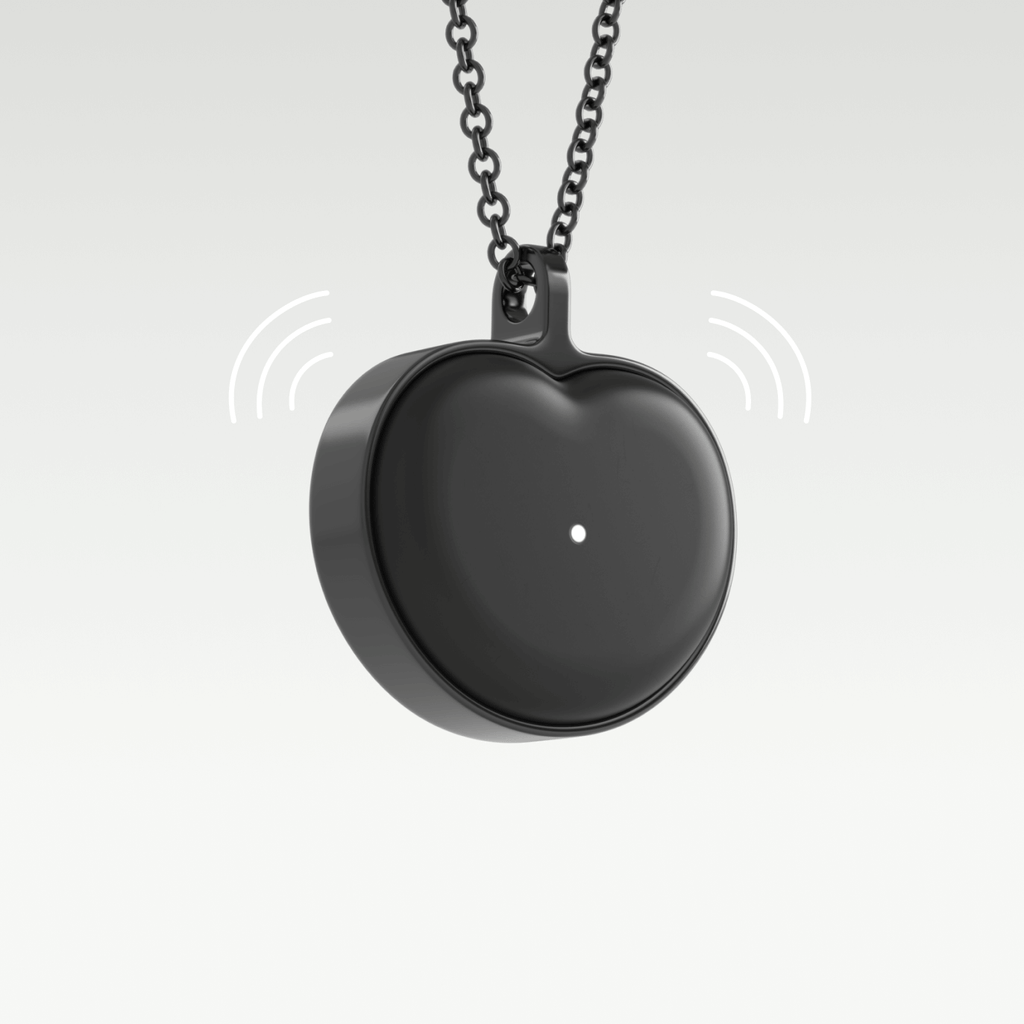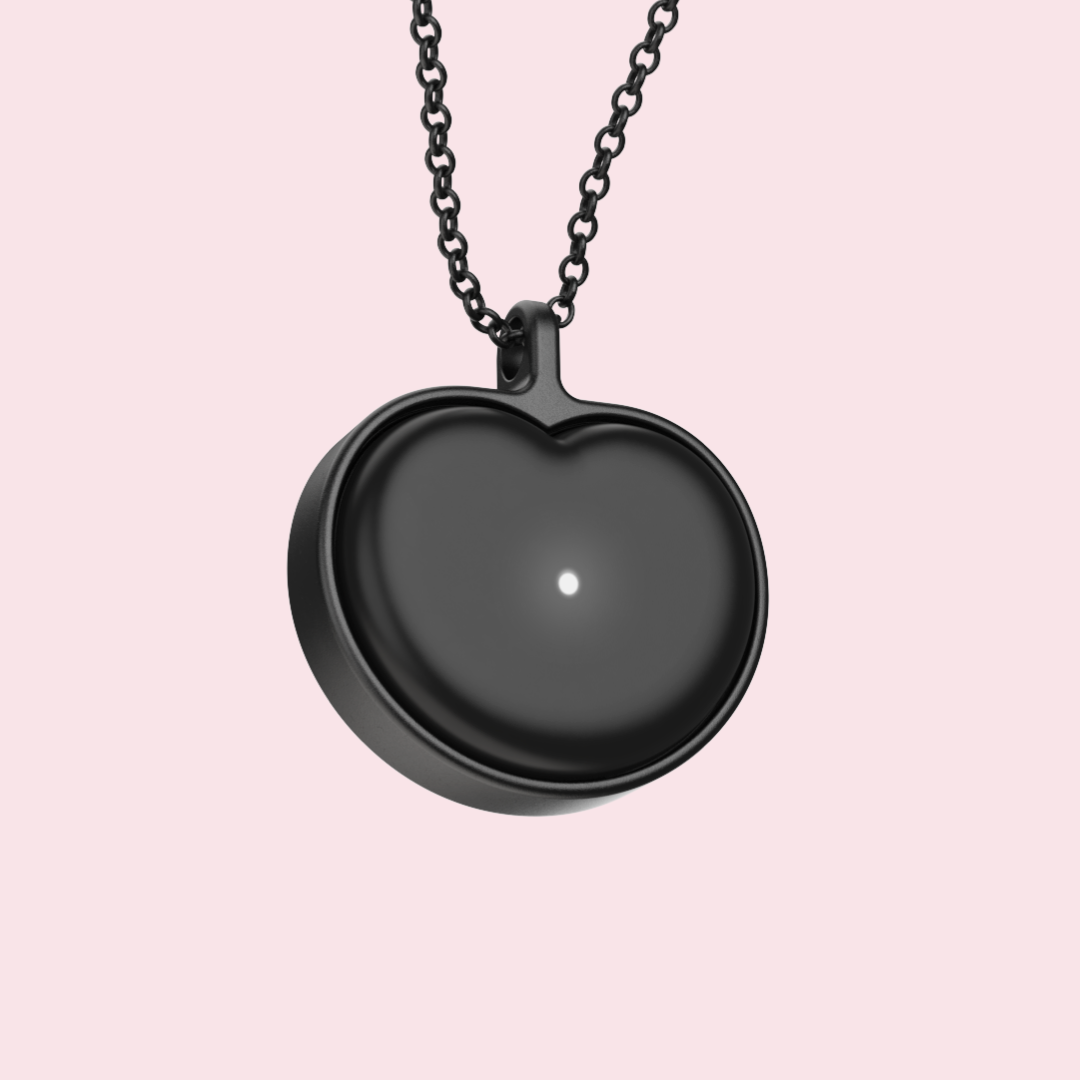Making Space Brings Us Closer Together — Not Further Apart. The boundaries you set don't have to be a constraint on your relationships: they can be the force that makes them stronger.
Life In An On-Demand World
Want to watch your favorite TV show? Stream it. Want to eat sushi pizza? Order it. Want to see your loved one? FaceTime them. Setting boundaries feels impossible when everything is just a click away.
The problem is: humans don’t operate like that. As much as society points to the contrary, we can’t expect our loved ones to be available at the touch of a button. People cannot be on call to everyone all of the time.
You aren’t Superman. And as much as we all love Taylor Swift’s folklore, you definitely shouldn’t be canceling your plans just in case they call either. It’s not healthy.
Instead, getting into the habit of setting boundaries helps us develop stronger, safer, more sustainable relationships. Implementing our limitations isn’t a way of putting walls up: it’s a way of climbing them.
It’s All About Setting Boundaries
We are not robots. People have natural limitations. These can exist in many areas: emotional, physical, energetic, knowledge, comfort, time, etc. The list goes on and on. Basically, humans have finite resources.
We can’t know everything, be everywhere, or be available constantly. Accepting that we have limitations isn’t pessimistic — it’s realistic. Acknowledging our limits is a way of respecting our bodies, our energies, and our loved ones.
Setting boundaries can sound extremely daunting for some, but the good news is that you already do it every day. Turning off your work phone on the weekends, asking to reschedule because you’re tired, or just saying “no” are all examples of boundary setting. It’s more common — and easier — than you may have believed.
Boundaries aren’t an insult. It can be an adjustment to hear others communicate their true feelings because we’re used to hiding them. In reality, it is an affirmation of love. I set boundaries because I want to be the best version of myself. Being truthful with myself and others creates space for me to take what I need.
So boundaries can actually improve your relationship to others. But don’t do it for anybody else: communicating what you need is a vulnerable, intimate experience where you have to think of yourself first. Only you know what is inside of your comfort zone, and what is out.
Hard vs. Soft Boundaries
Not all boundaries are created equal. Some are more flexible than others. Boundaries are explicit rules that maintain comfort, but there are different levels. There are two kinds of boundaries: “hard” and “soft”. (We can thank the BDSM community for this helpful terminology.)
A “hard” boundary is rigid and non-negotiable. Under no circumstances should this act occur. It’s like the period in a sentence. That’s all there is to it. Setting boundaries like this could include keeping an alcohol-free home because your partner experiences substance abuse. It’s a limit that’s not up for discussion.
On the other hand, “soft” boundaries are more fluid. They can be dependent on time, place, or people involved. These may look like not drinking around your partner but having a beer when out with friends. Still, you aren’t obligated to drink in that situation — or any.
Both types of boundaries are equally valid and serious. All limits, soft and hard, have the potential to change at some point. Boundaries can be permanent, but it’s okay if they aren’t. However, you should never bank on someone lifting their boundaries for you. And you should never, ever coerce someone into making an exception for you.
Recognizing Your Limits
Guilt often gets in the way of acknowledging our limits. We all want to be there for our loved ones, especially those we don’t see often. However, sometimes the best thing we can do is draw a line. Guilt can force us to exceed our limitations — and not in a good way.
Maybe you’ll give your sister poor relationship advice because you’re preoccupied with a personal issue. Or, you could make a mistake at work because you come in on your day off when you needed a break. Dishonoring our boundaries is not only unhealthy for us but also everyone else involved.
For empaths like me who constantly want to help others, saying “no” is challenging. The harsh reality is: you can’t be everything to everyone. You can’t even be everything to anyone. Each human needs a network of people to support their needs; it’s never solely up to you. It’s impossible (and unhealthy) to play everyone’s role.
Staying in tune with your abilities and energies helps you recognize what you can offer at a given time. Similarly, this awareness can show you where you should be setting boundaries to maintain your well-being.
Setting Boundaries as a Self-Preservation Technique
It’s impossible to be a good friend or partner to anyone if you aren’t taking care of yourself first.
Like they say in the pre-flight safety video, secure your own air mask before anyone else’s. You are always the first person you need to look after. It’s not selfish — it’s self-preservation.
But we shouldn’t set boundaries just to cater to others. Setting boundaries is a form of self-care. Honoring your energy and comfort levels prevents burnout. On a more fundamental level, it’s an act of self-respect.
Staying true to our limits is the simplest act of love we can show ourselves. From smaller feats like avoiding draining situations to larger ones like preventing a trigger, boundaries support our mental health. To show up as the best version of ourselves, we have to understand we need rest. We can’t be “on” all the time.
As your mood fluctuates, your boundaries can as well. Sometimes you’ll have more to give; other times, you need to protect what you have. Just like consent, you’re always allowed to change your boundaries.
Consent Is Setting Boundaries
Establishing consent is checking in with someone’s boundary. This word often pops up referencing sex, but it doesn’t exist solely in the bedroom. Any physical touch requires consent. As does any situation where you aren’t sure what someone’s boundaries are. Setting boundaries and getting consent are intimately related.
Both boundaries and consent are about listening and respecting others. Asking for consent as you navigate a situation with another person creates a safe space. Here, someone can more easily speak to their limits.
If you’re unsure about someone’s boundaries or consent, the best thing you can do is ask. Having these discussions before engaging in a sensitive act can make your partner feel more comfortable throughout. They also may be more willing to vocalize changes in their consent or boundaries. Comfort and safety are always of the utmost importance.
It’s essential to remember that consent and boundaries can change whenever. Anyone can withdraw consent at any point. Anyone can establish limits at any time.
And as always, if it’s not an enthusiastic “yes,” it’s a “no.”
How Setting Boundaries Improves Your Relationships
It’s not surprising that when people respect others’ limits, their relationships thrive. These benefits extend far beyond romantic partnerships too. From your relationship with your father to your boss to your long-distance best friend, boundaries can improve all connections.
1. It Improves Communication
Setting boundaries is a vulnerable act. However, the more you do it, the more comfortable you will become at speaking up. You’re more likely to be honest about your feelings when you regularly create that space.
Routinely checking in not only clears up what you don’t want but also helps you ask for what you do want. It’s easier to tell others what you need when they’re already listening.
2. It Forms Stronger Connections
When we are taking care of our own needs, we show up as our best selves. This makes our quality time richer, our energy higher, and our trust deeper.
Seeing our loved ones setting boundaries makes it easier to realize that they are just as human as anyone. We can extend patience, understanding, and compassion more readily when we’re in tune with others.
Navigating boundaries enforces the concept of working collaboratively towards a solution — not against each other. Having this skill in your toolbox can help you grow closer as a team.
3. Generally Makes Relationships Healthier
Every relationship is going to be healthier when you stop assuming others’ limitations.
We often believe others have more to give than they do. It’s human not to be at our best 100% of the time. Being vulnerable with our limits can better establish a relationship’s give and take. If people are open about their boundaries, you can work around them.
Again, when we aren’t pouring from an empty cup, we are already in a healthier place. Patience, kindness, and love only flourish from there.
How to Begin Setting Boundaries
It’s strange that we set boundaries every day, and yet find implementing them so intimidating. Here are some tips on how to introduce them to your relationships.
Take Initiative in Setting Boundaries
If you haven’t begun setting boundaries with your friends, partners, and other loved ones, now’s the time to start. It’s okay if it feels uncomfortable at first. That’s normal!
Remember that you likely already do this to some extent. For example, offering an out by asking, “Can I talk to you about X right now?” is boundary setting. As is asking, “Is this a good time to talk?”
Don’t be afraid to speak up about your limitations, even if it’s unprompted. Sharing your boundaries normalizes that people are not available on demand. It’s also always worth a bit of discomfort to prevent triggers, burnout, and the like.
Make Space for Setting Boundaries
Some people may not feel comfortable voicing their boundaries when unasked. That’s why checking in is so important. Your loved ones may only confide their limitations in you when you’re making space for truthful answers. Otherwise, they may leave them unsaid.
Since many have a hard time saying “no,” instead try presenting options or open-ended questions. Asking “What time would you like me to leave?” can be easier to answer than “Do you want me to leave now?”
If someone feels pressured or guilty when setting boundaries, they won’t be honest. Be sure to remain non-judgmental and willing during these conversations. The more you make space for others, the more space they’ll make for you.
Check-In Regularly
Anyone can always introduce boundaries at any time. Always assume that limitations can be different for various activities, times, and environments. They can be firmer, softer, or generally varied. For example, agreeing to sex once isn’t agreeing to sex every time or every sexual act.
Like consent, a one-time yes isn’t a forever yes. There is no shame in that. It’s also not deceiving to adjust your boundaries as a situation changes. Regularly checking in with your loved ones empowers them to withdraw consent if needed.
Asking questions such as “Is this feeling okay?” and “How can I make you feel safer?” is a great approach.
Moving Forward Around Your Boundaries
Setting boundaries does not mean “I hate you” — it means “I love you.” Sharing your limits presents an opportunity to work around areas of discomfort. It’s a collaborative effort to make a safe, respectful space.
In some cases, a boundary means the current situation needs to end. This doesn’t inherently mean that your time together has to end, though it’s okay if it does. A limitation isn’t necessarily a “no” full-stop, but it may be. All levels of boundaries are valid and respectable. The goal is to move forward in your partnership without crossing any lines.
Moving forward can look like saying, “I’m not comfortable going out. You can come over instead,” or “I need to get some sleep. Can we talk about this tomorrow?”
The trick is to aim for a solution-focused action that honors everybody’s needs.
Final Thoughts
Everyone has limitations and finite resources. It’s okay to acknowledge that.
Boundaries are part of a healthy two-way relationship that help us take care of ourselves and others. They’re an act of self love and respect. They help us build stronger, safer, and more sustainable relationships. It’s not a radical concept — it’s something you already do every day.
Be honest, be brave, and be vulnerable.







